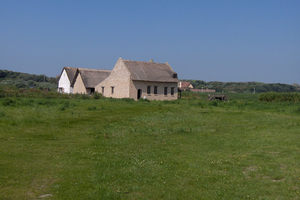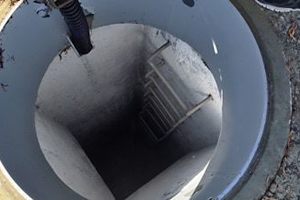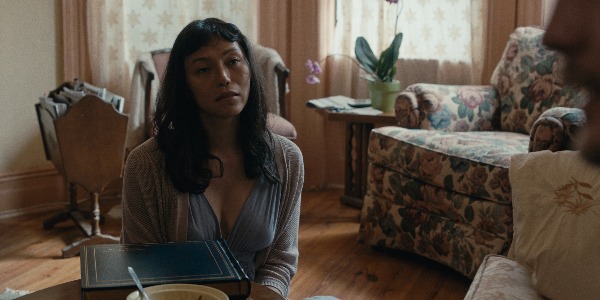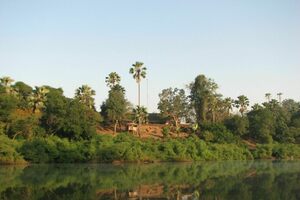Walraversijde in Ostend, Belgium

For several centuries, the village of Walraversjide (also called Raversyde) thrived through fishing and farming. Largely abandoned due to conflicts in the 16th century, it was not rediscovered until 1992. Since then, it has been meticulously studied and partially reconstructed, complete with medieval buildings and a history museum.
According to archaeological evidence, the site had been active since Roman times, but the village is believed to have originated in the early 1200s. The villagers made a living by fishing and trading salted fish, as well as occasionally engaging in piracy. In 1394, however, Walraversjide was heavily flooded and almost washed away by sand drifts caused by nearby dunes.
The village was rebuilt further inland, growing to include about 100 houses in addition to a chapel, brewery, and brothel or inn. It remained a fishing village, but retained its centuries-old tradition of piracy. Given permission by the Duke of Burgundy, they participated in privateering expeditions against England so eagerly that the Duke warned them not to attack ships unless ordered to do so.
Eventually, wars and floods caused the village to decline. By the end of the Siege of Ostend, part of the Eighty Years’ War, it had been mostly destroyed. For years, the only visible legacy of the once-thriving village was the chapel’s tower, which eventually collapsed during a storm in the mid 1800s.
The Walraversjide Museum opened in 2000, along with a reconstructed village containing three medieval houses and a bakery-smokehouse. They were designed to look as they did around 1465. Using bricks excavated at the site, the interiors are based on contemporary Flemish paintings. The museum exhibits several artifacts that display everyday life during the Middle Ages, including fishing tools, household goods, and clothing.
Although overshadowed by nearby World War II fortifications, Walraversjide is the most thoroughly researched medieval fishing community in Europe, as other locations are still inhabited. It’s a must-visit for enthusiasts of medieval Europe.





